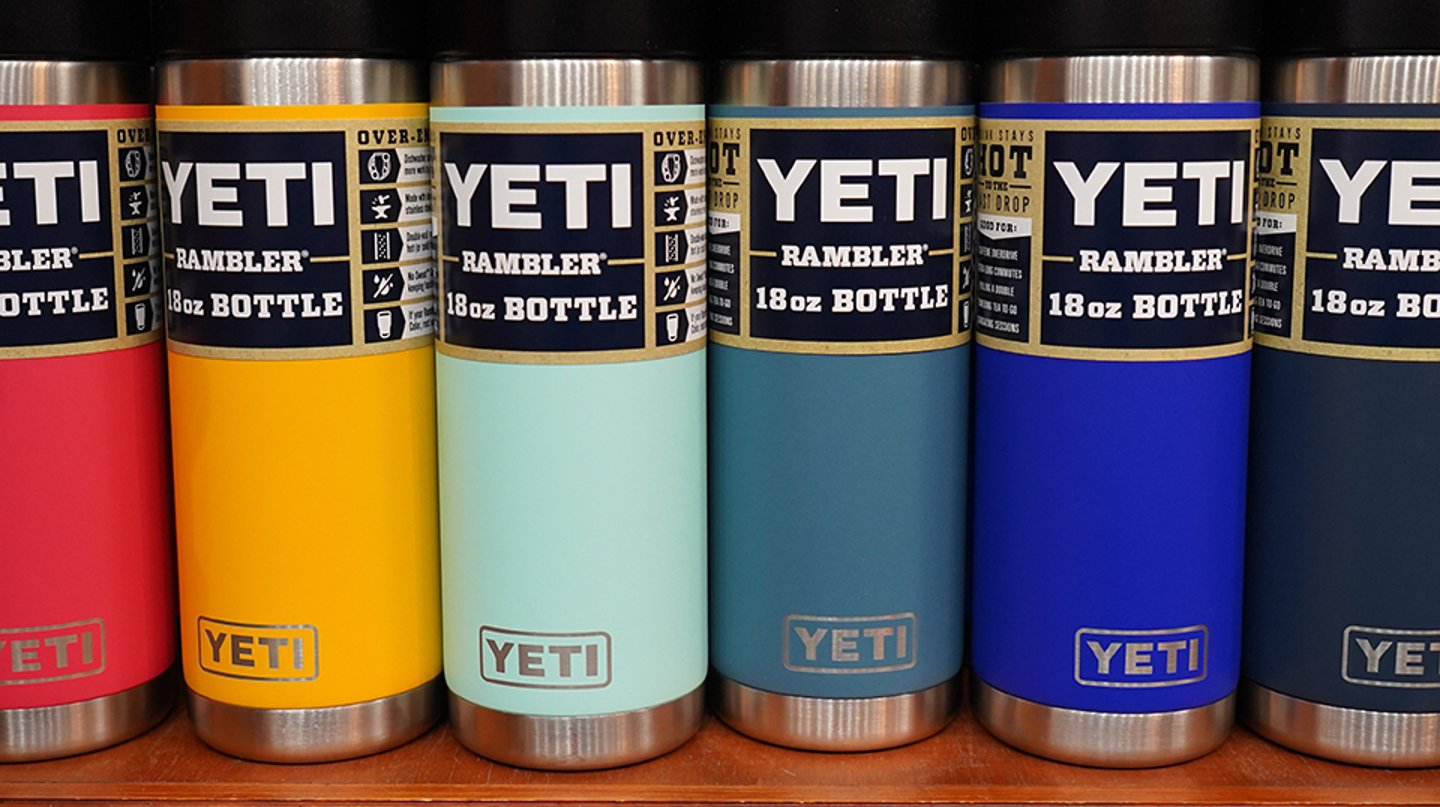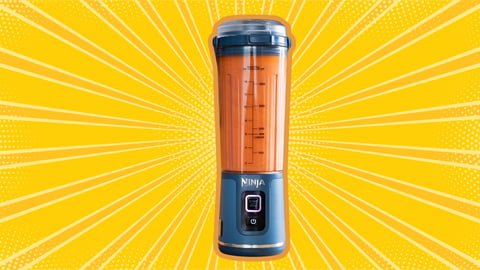Yeti Reengineers E-commerce Buy Flow As DTC Grows More Critical
Yeti has upgraded its direct-to-consumer website to elevate consumer experiences, and it’s rolling out the changes across its global suite of e-commerce sites.
The consumer products company undertook a category approach that reengineers the buy flow to align with consumer use cases, Matt Reintjes, Yeti president and CEO, said on its third-quarter earnings call today. This strategy not only intends to showcase product value but also simplifies buying decisions.
Yeti launched the upgraded experience with its all-day drinkware category in the first quarter, and it’s been expanded to adventure packs and bags and coolers.
Results have been positive, according to Reintjes, and the enhancements are being carried over to all of Yeti’s global DTC sites. They also intend to build on the enhancements in 2024, he noted.
Yeti DTC Growth
Direct-to-consumer is a burgeoning channel for Yeti, with DTC sales growing 14% in the quarter to represent 60% of the company’s total sales. While the Q3 growth was led by its Amazon business and Prime Day sales, the company also recorded sequentially higher growth rates in its other DTC businesses, said CFO Mike McMullen. The company quarterly presentation lists “accelerate DTC” as one of Yeti’s key strategic priorities.
Yeti’s e-commerce business also recorded “exceptional growth” in new and returning customers, noted McMullen, as well as strong growth in the overall number of transactions. It was Yeti’s largest third quarter ever for customer acquisition retention.
This growth, however, was partially offset by a lower average order value in Q3 vs. last year, McMullen said.
In addition to driving sales, DTC also plays a valuable role in Yeti’s ability to balance inventory across channels and in reactivating older cohorts of customers, McMullen has shared in the past. In addition to the United States, the company operates e-commerce sites in Canada, Australia, New Zealand, the EU, France, Germany, Ireland, Italy, the Netherlands, and the UK.
Yeti is certainly not alone in seeing the continued value of direct-to-consumer investments. CGT’s most recent Sales & Marketing Benchmark Research Report found that 27% of consumer goods manufacturers planned to start a DTC solution upgrade within the next 12-18 months.







